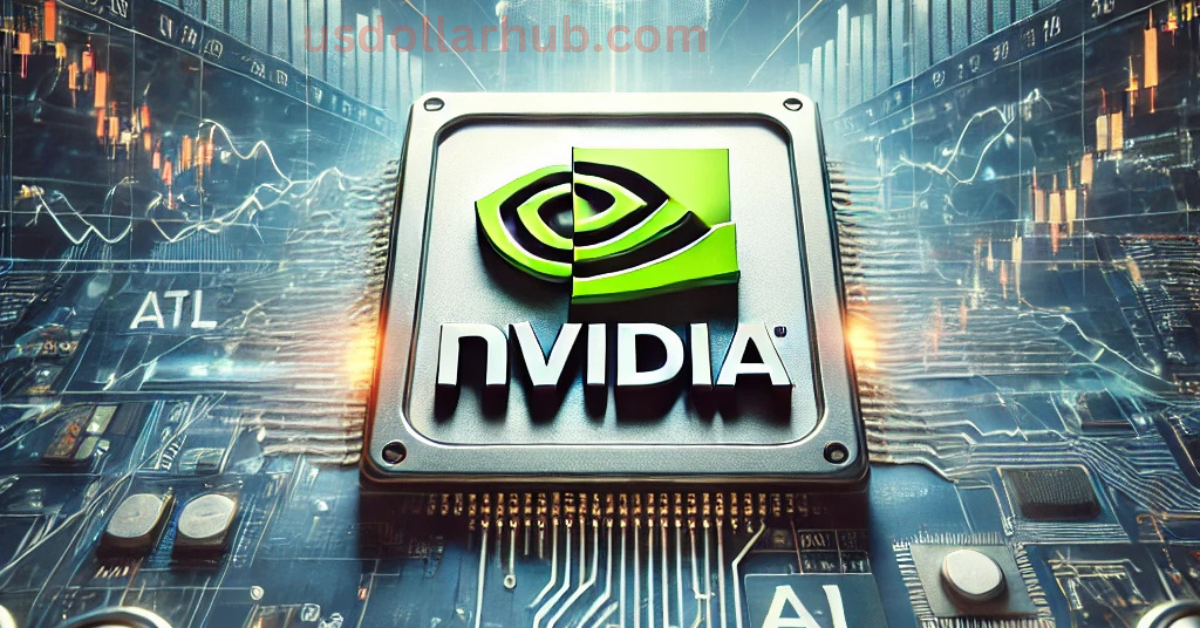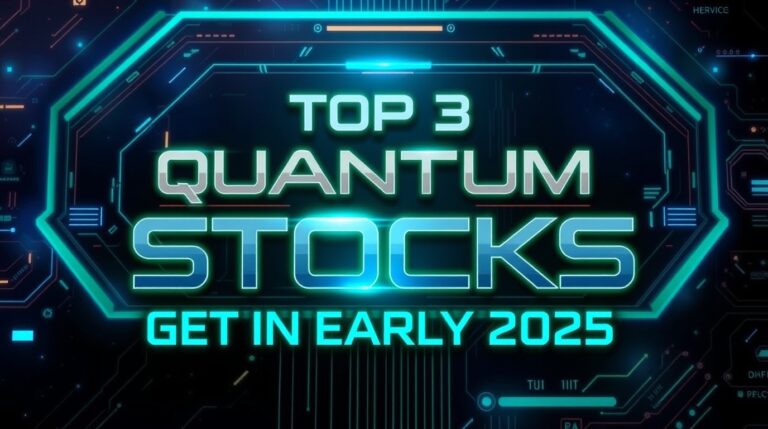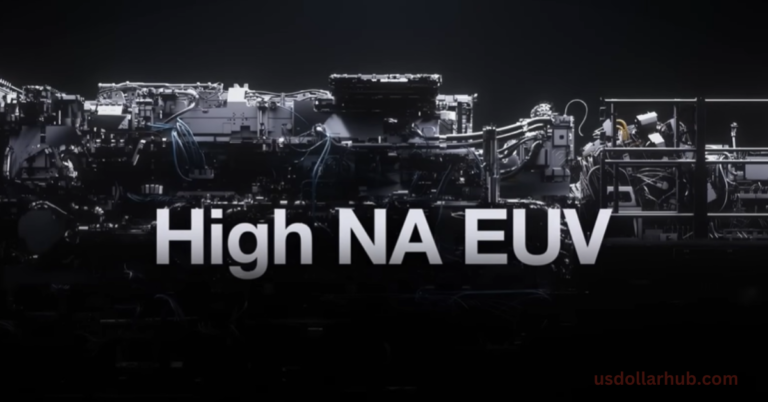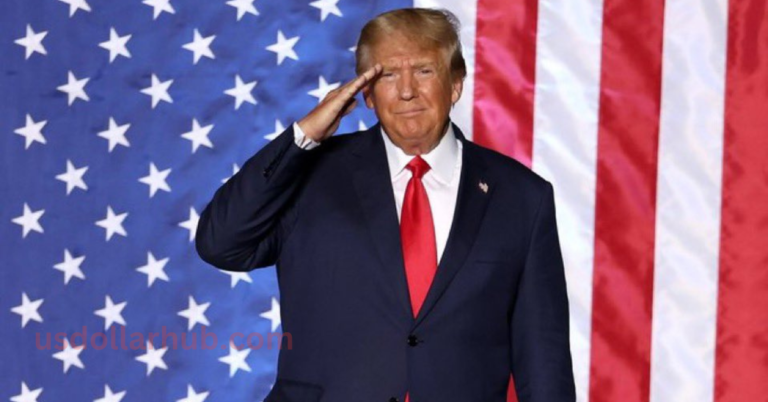Nvidia Replaces Intel on the Dow Jones Industrial Average: What it Means for Investors 2025
Nvidia
Recently, Nvidia, a powerhouse in artificial intelligence and chip technology, replaced Intel on the Dow Jones Industrial Average (DJIA). This significant change signals both Nvidia’s growing influence in the tech sector and the changing dynamics of the Dow. Understanding Nvidia’s new role and its impact on investors is essential for navigating today’s market. In this article, we’ll delve into the significance of this swap, its implications for the Dow, and what investors should keep in mind.
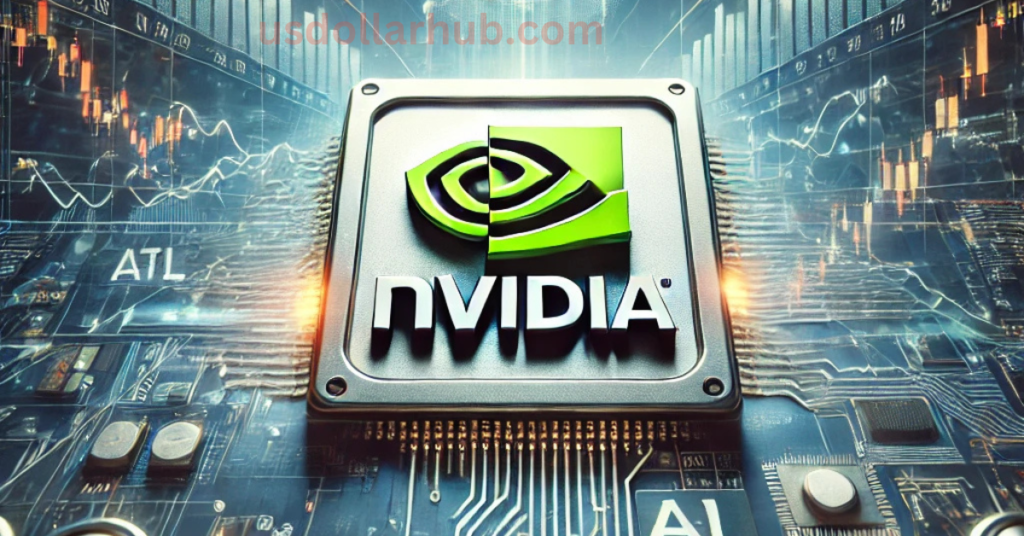
Table of Contents
- Nvidia’s Addition to the Dow: A New Chapter for the DJIA
- How Nvidia’s Presence Could Shape the Dow’s Future
- Market Implications for Retail Investors and ETFs
- What this Means for AI and the Broader Technology Sector
- How Investors Can Position Themselves
- Addressing Potential Market Risks
- FAQs about Nvidia, the Dow, and Market Implications
Nvidia’s Addition to the Dow: A New Chapter for the DJIA
Nvidia’s entry into the Dow Jones Industrial Average signifies a major shift in the landscape of this renowned index. Previously held by Intel since 1999, Nvidia’s rise to replace Intel reflects its dominance in the AI sector and its position as a tech innovator. Over the past year, Intel shares fell nearly 48%, highlighting Nvidia’s rapid ascent and its role in driving the future of AI technologies.
Why Nvidia Replaced Intel
Nvidia’s addition showcases a broader market trend favoring companies that are integral to the next wave of technological advances. As AI continues to expand, Nvidia’s innovative AI chips have become central to sectors such as autonomous vehicles, machine learning, and cloud computing. Intel’s replacement represents not only Nvidia’s growth but also the evolving makeup of the Dow itself.
How Nvidia’s Presence Could Shape the Dow’s Future
Although the Dow Jones Industrial Average is widely recognized, it differs from indexes like the S&P 500 and NASDAQ in one crucial way: it’s not market-cap weighted. Nvidia’s substantial market cap doesn’t influence the Dow as significantly as it would in other indexes, meaning that while Nvidia will play a visible role, its impact on the Dow’s movements may appear modest compared to its influence on other indexes.
Potential Influence on Other Major Averages
The Dow is price-weighted, so Nvidia’s addition won’t dramatically shift the index’s overall performance. Still, on days when Nvidia sees strong gains or declines, we might witness disparities between the Dow and other indexes like the S&P 500 and NASDAQ, where Nvidia holds substantial weight.
Market Implications for Retail Investors and ETFs
While Nvidia’s addition is symbolic, its effect on retail investors is nuanced. The Dow isn’t heavily used as a benchmark by institutional managers or ETFs, so Nvidia’s inclusion might have a limited direct impact on ETFs and retail trading portfolios. Yet Nvidia’s presence in the Dow gives it broader exposure and solidifies its reputation as a tech giant. This change could increase Nvidia’s visibility among everyday investors.
ETFs and Nvidia’s Broader Market Influence
Most ETFs don’t directly track the Dow. Consequently, Nvidia’s inclusion won’t lead to immediate rebalancing of major funds. However, Nvidia’s continued growth and influence in AI could drive investor interest and retail participation in Nvidia-focused funds or technology ETFs.
What This Means for AI and the Broader Technology Sector
Nvidia’s place in the Dow highlights the growing importance of AI and semiconductor technology. Nvidia has played a pivotal role in advancing AI applications and infrastructure. Its chips power everything from gaming to deep learning applications. With AI as one of the fastest-growing fields, Nvidia’s strategic position may bolster the Dow’s relevance in tech, which traditionally centers on industrial and financial sectors.
The Broader AI Landscape and Nvidia’s Role
As AI adoption expands across industries, Nvidia’s role in the Dow symbolizes the technology’s growth. This change may also indicate the Dow’s slow but steady shift towards greater tech representation. Investors following AI trends may see Nvidia’s inclusion as a bellwether for increased tech integration within the Dow, setting the stage for future tech-driven entrants.
How Investors Can Position Themselves
Nvidia’s entrance to the Dow has investors considering how to capitalize on this development. Nvidia’s prominence in AI, coupled with its DJIA listing, strengthens its profile among traditional investors who follow the Dow. For investors keen on AI, Nvidia represents a direct way to gain exposure to the sector’s growth, though the Dow’s price-weighted nature means Nvidia’s performance will have moderated effects on the overall index.
Key Investment Strategies
- Stay Informed – Monitor Nvidia’s AI advancements and potential partnerships, as these can significantly influence its market trajectory.
- Diversify Portfolios – Balancing Nvidia investments with other tech stocks could hedge against volatility while ensuring exposure to the AI sector.
- Focus on Index Funds – While the Dow may not reflect Nvidia’s full market influence, S&P 500 or NASDAQ-tracking funds can provide broader tech exposure.
Addressing Potential Market Risks
Investors are well aware that technology markets are subject to rapid changes. With Nvidia’s high valuation and its reliance on AI growth, there are risks, especially if competition intensifies or AI market demand shifts. Additionally, Nvidia’s heavy concentration in AI makes it more susceptible to any regulatory or policy changes affecting tech and AI.
Political and Economic Risks
Market strategist Cali Cox points out that policy uncertainties, especially in election cycles, can influence market sentiment. Politics, while a potential distraction, may have implications for the tech sector if AI regulation is pursued. While Nvidia’s Dow listing offers a reputation boost, the stock market’s long-term trends will continue to be driven by the economy and earnings.
visit for US Dollar News : Click Here
FAQs about Nvidia, the Dow, and Market Implications
- What does Nvidia’s inclusion in the Dow mean for retail investors? Nvidia’s addition boosts its visibility, which might drive more retail interest. However, as the Dow isn’t heavily ETF-tracked, direct impacts on ETFs may be limited.
- How does Nvidia’s Dow listing affect its market influence? While symbolically important, Nvidia’s impact on the Dow will be moderated due to its price-weighted nature.
- Will Nvidia’s inclusion change how the Dow performs? Nvidia’s performance may lead to variances in the Dow but is unlikely to cause major shifts in the overall index due to the price-weighted calculation.
- Is Nvidia’s Dow addition relevant to AI investors? Yes, Nvidia’s prominence in AI can make it a critical stock for those seeking AI exposure, symbolizing the sector’s growing importance.
- Are there any major risks associated with Nvidia’s Dow inclusion? While Nvidia’s addition strengthens its brand, market risks remain. These include AI sector volatility and potential political or regulatory changes.
- Why was Intel replaced by Nvidia on the Dow? Intel’s underperformance over recent years, along with Nvidia’s growth in AI, justified the shift, reflecting market trends.
- How does Nvidia’s Dow listing affect AI stocks in general? Nvidia’s prominence may enhance visibility for AI stocks, suggesting broader sector interest and potential growth.
- Will Nvidia’s addition drive Dow-focused ETF investments? Limited Dow tracking in ETFs means Nvidia’s addition is unlikely to significantly affect ETF inflows.
- Does Nvidia’s Dow presence affect its overall market valuation? Nvidia’s valuation may see some impact from greater visibility but is driven primarily by its performance in the AI sector.
- How should investors view Nvidia in the Dow versus the S&P 500? While Nvidia’s influence in the Dow is symbolic, it has greater impact in the S&P 500 and NASDAQ due to its higher weighting.
Conclusion
Nvidia’s entry to the Dow Jones Industrial Average is a testament to its influence in AI and the shifting market dynamics. While its Dow listing might not significantly alter ETF benchmarks, Nvidia’s presence bolsters its brand and visibility among a broader investment audience. As AI continues to evolve, Nvidia’s position provides investors with an opportunity to gain exposure to one of the most dynamic sectors today.
Disclaimer: This article is for informational purposes only and does not constitute investment advice. Always consult with a financial advisor before making investment decisions.
For More Information: visit Here
